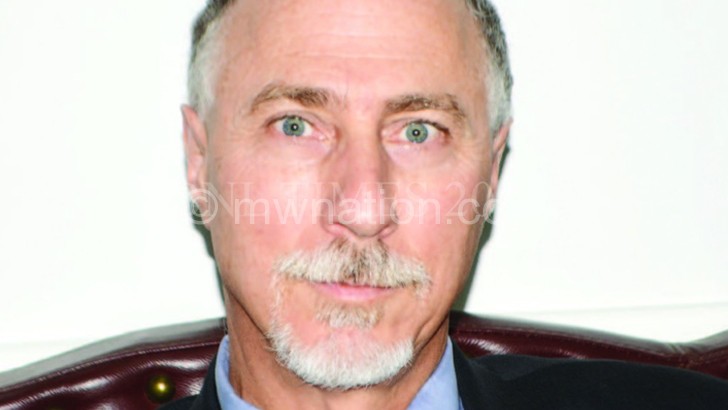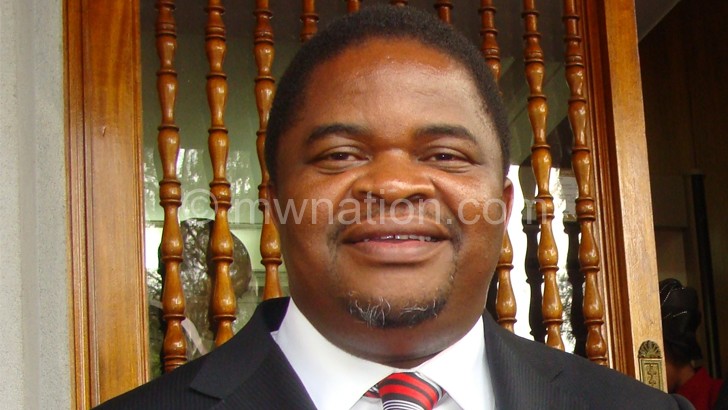IMF cautions on new fuel import regime
The International Monetary Fund (IMF) on Tuesday told government to tread carefully on the changes to the fuel import regime, demanding that the transition should be transparent among all relevant stakeholders in the oil industry value-chain.
The bank cautioned that changes to the fuel import regime involving a greater role for the state owned company should be transparent and include safeguards against the emergence of contingent liabilities for the budget.
IMF, whose program with Malawi is currently still off-track, said this in statement at the end of the 2015 Article Four consultation with Malawi.

be transparent
Government recently announced the shifting of responsibility of fuel importation from a privately-owned consortium of Petroleum Importers Limited (PIL) to state-owned National Oil Company of Malawi (NOCMA).
Government did not, however, specify the time frame over which this would take place. The change in the policy thrust is part of a set of reforms in the energy sector that President Peter Mutharika approved a week ago, details of which are still pending.
But quizzed to comment on the proposed change, IMF country representative Geoffrey Oestreicher on Tuesday said that, given the memory of the fuel shortages of 2012 and the economic dislocation this caused, the most important consideration needs to be how best to guarantee security of supply.
Said Oestreicher: “It is, after all, fairly clear that the Malawian economy would be hard pressed to deal with a fuel shortage at this point in time.”

favour Nocma
Oestreicher was quizzed to clarify a statement by the IMF Executive Board that advised the Malawi government to exercise caution in making changes to the fuel import regime, including those that involve a greater role for the state-owned company, NOCMA.
He clarified by adding that: “Given the current arrangement, where private supply appears to be working well, our view would be that any change should be accompanied by transparent and open discussion among all stakeholders on the timing and modalities of the change.”
According to the IMF [Malawi] boss, different countries adopt different methodologies, with some relying on public procurement and others on the private sector.
He added that the efficiency of either of the methodologies would depend on a variety of market and country specific factors, “and one model is not necessarily better than another in all cases.”
Oestreicher also stressed the importance of any proposed change to the system being preceded by a detailed, quantified, well thought out, and substantiated description of the benefits that would be expected from taking on the risk of moving away from the current, ‘functioning system’.
“Such detailed planning should also include a full evaluation of the risks involved, and a detailed description of how these could be fully mitigated, and any such evaluation should be discussed by all stakeholders in advance of a decision being made. I would note that achieving these prerequisites could take some time and would involve some fairly complex analytical work,” he explained.
But Principal Secretary in the Ministry of Natural Resources, Energy and Mining Ben Botolo maintained in an interview with Business Review, said government has always been transparent on the matter.
Minister of Natural Resources, Energy and Environment Bright Msaka told The Nation recently that the change in the policy is not about competition between Nocma and PIL, but to ensure that fuel shortage will never occur again.
‘‘As far as I know, when you weigh the national interest and PIL sentiments, you find that evidence weighs heavily in favour of Nocma importing the fuel and PIL selling it to the people and both companies must survive,” said Msaka. n





